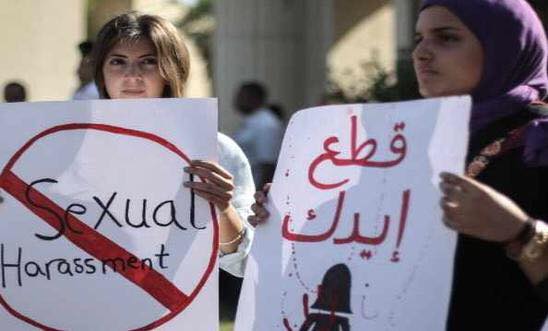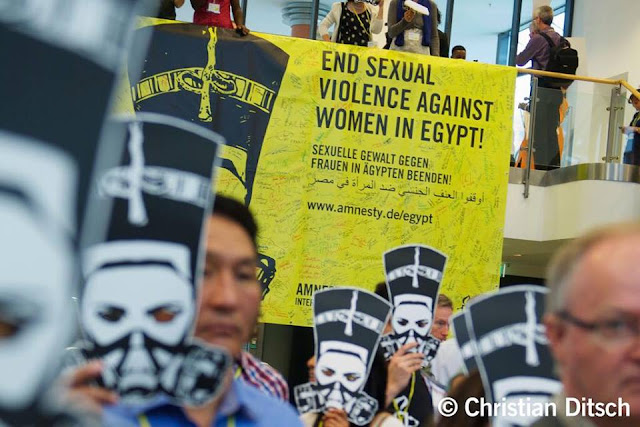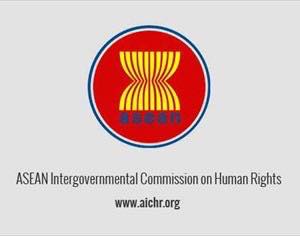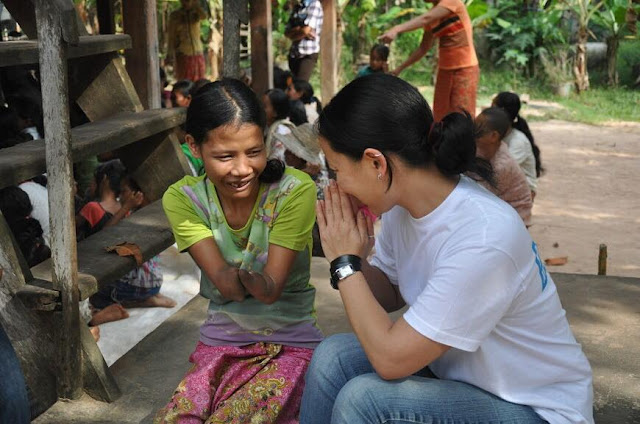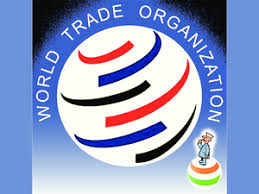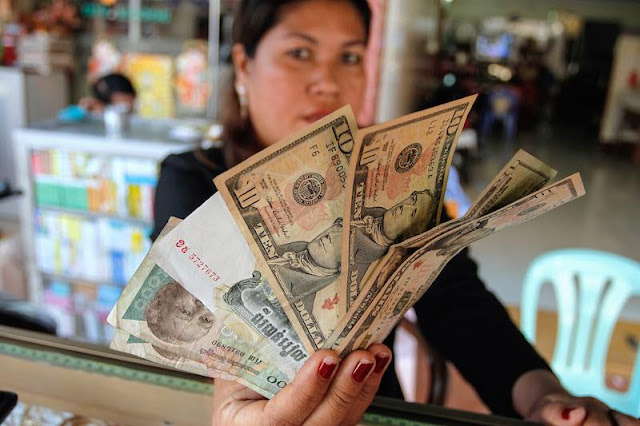Religion is like slow poison,
and just as poison is killing your body, in the same way religion is killing your soul. The only one difference
is religion is masquerading as medicine, and while you are think, it is there for your
own benefit. It is secretly killing you. Before you become aware of it, religion has turned
you into a lifeless being. The negative effects of
religion on society are tremendous. Three negative points of religion such as making people ignorance, turning people against
themselves , turning people against each other .
Religion not only has negative points but also positive points. The three positive points such as eliminate the negative
consequences of fears, charity, serve a social function.
‘If people are good only because they fear punishment, and hope for reward,
then we are a sorry lot indeed.’ ~Albert Einstein .
First of all religion is keeping
people in ignorance to
live means to learn, and life is a continuous lesson. However,
when they have grown up condition to believe what is right and wrong according to
religion, and told that to doubt religion means to go to hell, naturally they become afraid of seeking true
knowledge. They stop searching to find the truth, to learn, and hence to
grow as a human being. They are stubborn and believe everything on spiritual and
faith. It means they always pray for happiness believe on god, and they believe the next life.
They live without freedom, live in worry and force. Some religions force people to choose their religions, or they try to promote everything
to make people believe. All of that
show about the religion keeping people in ignorance that can make people understand
or know the truth so it is also the bad one of religion.
Second, religion is turning people
against each other, the
other is just a projection of yourself, a mirror, on whom they
can see your own reflection. Once they start hating yourself, they are bound to
start hating others too. When they accept the idea that they are sinners, they start seeing those
around themselves as sinners. When they believe that others are sinners, there is
always a deep-rooted fear within themselves that the other wants to harm them the other is
corrupted, ill-willed, an enemy of themselves. It leads people discrimination , stay
away from communication and also make people become nepotism. However, they can have
argument with their family by choosing difference religion. They look so extremist
because of their discrimination or making people around against with each other. In
addition, they will not tolerate religious ideologies that are different from the one they follow.
This is why you can see religions fighting against each other. Similarly, religious
people are fighting nonreligious ones. To identify with a religious ideology, and call it
the only truth and way, leads to tremendously negative racism, and all kinds of
violence. Just think of how many wars have been carried out throughout history in the name
of God and religion. Religion turning people have argument with each other and it
also can destroy communication in society and make people use the violence. That
point leads people become bad behavior.
Third, religion is turning people
against themselves the
demands that religion places on people are
unrealistic. On the one hand, religion teaches that people are born sinners . Sin is what we are made
of, and whatever we humans doing is bound to be corrupted in one way or another. However,
religion is teaching people to behave in the best ways possible in a
few words, to be perfect, just like angels. Nevertheless, people are not angels, so how can they act in
such an unnatural way? but this has many serious consequences. When they fail doing
what God has ordered, they start hating
themselves, so they begin to accept the idea that you are indeed a bad person, corrupted, and not worthy as a human being. once they do so, their live become filled with anger, bitterness and resentment .That is
a true hell on the earth. Religion turning people against themselves even their own
idea , they expect that what they do and what they have to follow is the best and they
can ever against even themselves .
Religion
not only has it negative points but also has the positive points. The positive points of religion such as eliminate the negative
consequences of fears that mean secure people stay away from the sadness and pain. Charity
that mean it helps or shares to poor, parentless,
disable, or homeless people. It is also serve a social function like make people have confidence or more believe on what they
have had to believe .religion also have positive points of it and also helps and leads
people to become more kind.
As the result has shown out, you
can see that is the negative effects of religion on society are tremendous. To blindly follow a religion, or any
other ideology, simply means to restrict your perception, suppress yourself, and live in
hypocrisy . In other words, to live in suffering and misery. Many people choose to follow
religion even though they suffer from this choice simply because religion frees them
from personal responsibility to live spontaneously
one has to take responsibility for oneself, and this is certainly painful. Life is made
of choices, and to make the right choices is not always easy. So people prefer not to chose for themselves, but to have
others chose for them. They prefer to walk on paths made by others, instead of creating their
on path, but we stop having an authority to tell us
what to do or what not to do, will never be free. And we are free we will never be happy
and peacefully.





